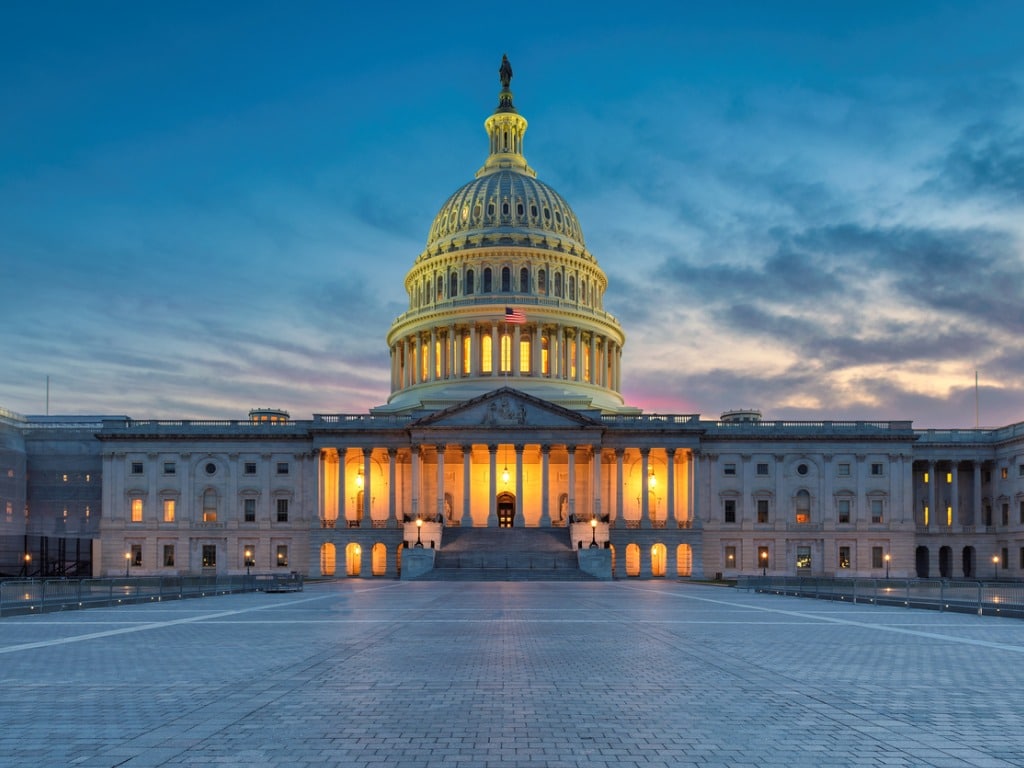On September 30, Representative Tulsi Gabbard (D-HI) introduced the Protect Brave Whistleblowers Act (H.R.8452), a bill that would reform a century-old piece of legislation consistently used as a weapon against whistleblowers. The 1917 Espionage Act bars any disclosure of classified information that could harm the country’s defense. It carries penalties of long prison sentences, life in prison, or for convicted military personnel, the possibility of the death penalty. The Protect Brave Whistleblowers Act attempts to limit the expansion of power that the Espionage Act has seen over the most recent two administrations. Pentagon Papers whistleblower Daniel Ellsberg, who was prosecuted under the Espionage Act after he released a classified Pentagon study about the Vietnam war in 1971, has voiced his support of the bill.
Although the Espionage Act was designed to prosecute spies who fed military secrets back to their home countries, that is not how the Act is used now. Under the Trump and Obama administrations, it has found a new purpose in prosecuting federal whistleblowers and leakers. Famous whistleblowers like Reality Winner, Edward Snowden, and Daniel Hale have all been charged under the Espionage Act, even though they are not foreign spies. For conviction, the Espionage Act only requires that the government prove the defendant had reason to believe that the classified information they released would harm the United States or help a foreign nation. The broad language of the law has allowed it to be used to prosecute whistleblowers who have no connection to foreign governments and are releasing information because they believe it will help the American people, not harm them.
Although the Trump administration has continued the use of the Espionage Act as a tool to prosecute leakers and whistleblowers, it was the Obama administration that first brought it back from the dead. Before the Obama administration, the Espionage Act had only been used once against a person not suspected of spying for a foreign power, in 1984 to prosecute Samuel Morison, a U.S. naval officer who leaked classified pictures of Soviet nuclear technology to Jane’s Defense Weekly. Morison claimed that he released the photos because he thought that if the public saw the weapons the Soviets were building, they would push for increased U.S. defense spending. Morison was convicted and sentenced to 2 years in prison, of which he served only 8 months and was then pardoned by president Bill Clinton. Under Obama, whistleblowers like Manning and Snowden faced disproportionate and terrifyingly long prison sentences even though they were not spies.
The Obama administration saw an opportunity to expand prosecution of whistleblowers under the Espionage Act to the fullest extent of the law. Morison only got 2 years, but whistleblowers prosecuted under the Trump and Obama administrations can expect far greater potential consequences of up to 20 years in prison. The threat of such a harsh punishment may cause some whistleblowers to prematurely make a plea deal with the government, balking at the possibility of such a long stretch in prison. When Reality Winner pleaded guilty to violating the Espionage Act in 2018 and received a sentence of over 5 years, she did so to avoid the possibility of a much longer sentence if she continued litigation. It continues to be “the harshest sentence of any American National Security whistleblower” to date. Under the Obama and Trump administrations, the Espionage Act has been used as a deterrent to discourage intelligence whistleblowers from speaking with the press under threat of decades in prison.
Leading whistleblower attorney Steven M. Kohn has described the Espionage Act as “unconstitutional” and “a national disgrace.” Kohn explained the dangers of using the law to prosecute whistleblowers in a 2010 Guardian article. “The law broadly prohibits any publication by anyone (newspapers included) of information related to national security, which may cause an ‘injury to the United States.’ Who determines whether national security is actually at stake? Who determines what constitutes an ‘injury to the United States?’’
The Protect Brave Whistleblowers Act aims to answer those questions and makes clear that the intent of the person who revealed classified information is important. Unlike a typical trial, defendants prosecuted under the existing Espionage Act are not allowed to speak about why they leaked or released information. Gabbard’s bill would change that, allowing whistleblowers to defend themselves by testifying about their intentions behind releasing the classified information.
The bill would also add a “public interest defense,” letting defendants argue that their disclosures were in the public interest and should therefore not face punishment. It would also change the law so that prosecutors would have to prove that defendants had “specific intent” to injure or help an “enemy.” These provisions would narrow the scope of Espionage Act enforcement to its originally intended purpose – to punish treason.
The bill has not faced any significant criticism. A recent Marist poll commissioned by the Whistleblower Network News revealed that 86% of likely voters think there should be stronger protections for federal employees who blow the whistle. The poll shows that support for federal whistleblowers who report wrongdoing and unconstitutional behavior from within our government is far greater than expected.
If adopted, the Protect Brave Whistleblowers Act would recognize the patriotism behind blowing the whistle on government wrongdoing and protect individuals who risk it all to reveal classified information for the American public’s benefit. The public values whistleblowers, and Gabbard’s bill would put a halt to the unintended use of the Espionage Act as a tool to deter and punish federal employees.
President-elect Biden will have to reckon with his predecessors’ legacy of a weaponized Espionage Act designed to deter intelligence leaks. If he really wants to end Trump’s war on whistleblowers, he should support Gabbard’s bill and end the improper use of this antiquated law.
